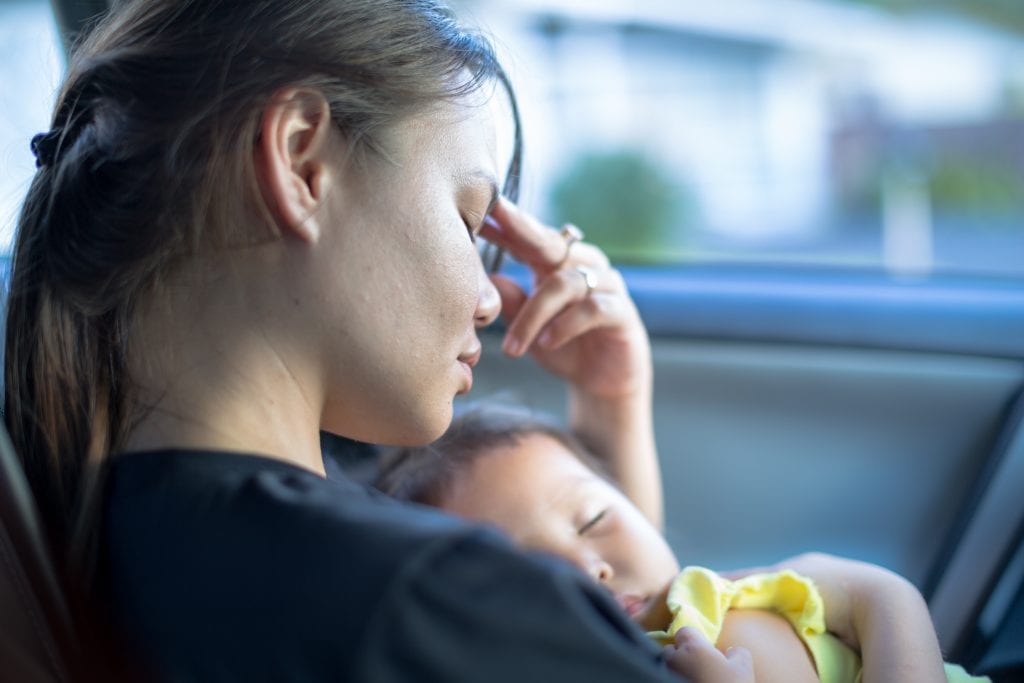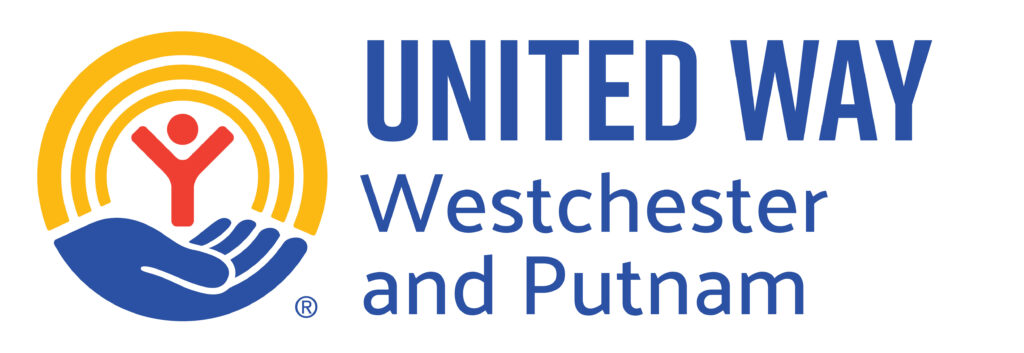United Way Study on COVID-19 Shows Impact on New York Individuals and Families

A statewide survey conducted in partnership with the United Way of Westchester and Putnam and other local United Ways on the effects of COVID-19 confirms that New Yorkers are facing many challenges due to the pandemic. The study also affirms that some New York communities and populations are being hit disproportionately hard, and most New Yorkers are very worried about themselves or family members being infected with COVID-19 and experiencing mental health issues. In Westchester and Putnam more than 45 percent of households are struggling to live paycheck-to-paycheck or in poverty. The survey revealed that:
- Most respondents expressed an overwhelming fear of catching COVID-19 (80.7%), followed by a concern with mental health issues (47.6%).
- Families are concerned about childcare/education and/or remote learning (31.6% of respondents listed this as a top concern); and 61.7% of respondents with children report challenges with juggling work and children’s needs.
- Hourly workers were far less likely to transition to remote work (32.6%) than salaried workers (63.3%).
- Of those looking for work, 54.4% reported difficulty finding a job and 46% reported being unable to find a job that provides a sufficient income.
ALICE® (Asset Limited, Income Constrained, Employed) Households were struggling to meet basic needs before the pandemic. Pre-pandemic research found that 37% of households in Westchester and Putnam fell below the ALICE Threshold, meaning they were unable to meet a basic household survival budget for housing, food, transportation, childcare, health care and technology. COVID-19 has disproportionately impacted these households.ALICE households:
- Are statistically more concerned about childcare and education than households above the ALICE Threshold.
- Are more likely to receive food from a food bank, borrow from friends/family and apply for government assistance than households above the ALICE Threshold
By comparison, households above the ALICE Threshold are more likely to be concerned about non-COVID medical issues and paying off debt and were more likely to increase credit card debt than households Below the ALICE Threshold.
United Way of New York State, in partnership with local United Ways across the state, released the statewide survey to help shed light on the impact COVID-19 on New York communities. In addition, the survey aims to guide and inform United Ways across the state on how to best support New York families through long-term recovery and beyond.
The survey was administered from October 13- November 3, 2020, and made available in both English and Spanish. The survey closed with a total of 5,796 responses from across the state.
The COVID-19 survey has provided a snapshot of critical needs in the state of New York due to the coronavirus and United Way of Westchester and Putnam hopes that the results will help guide conversations, community action, advocacy, and policy ensuring resources are allocated to support those in need.
For more about the survey click here.
